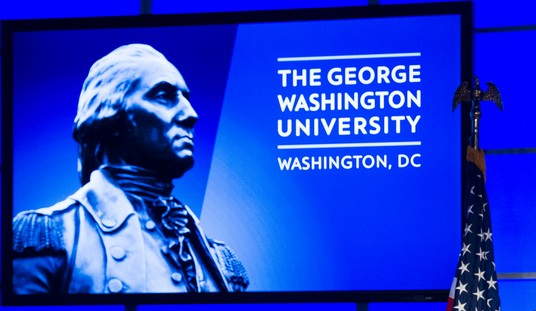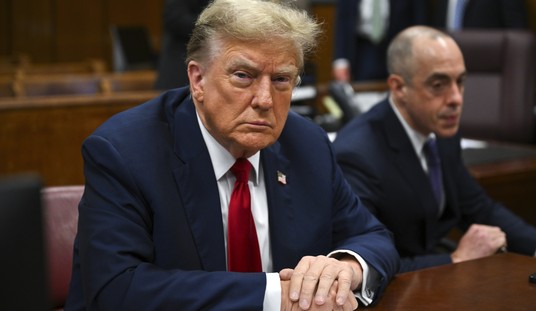A leader of remaining U.S. operations in Afghanistan says that improvised explosive device (IED) attacks are up in the country — particularly in the capital Kabul — but stressed that the U.S. still believes the Taliban can “make genuine peace.”
Brig. Gen. Wilson Shoffner, the deputy chief of staff for communications for Operation Resolute Support, told Pentagon reporters via video link that they “did anticipate that we’d see an uptick in violence due to the fracturing of the Taliban leadership” after the death of Mullah Omar was acknowledged.
He did say that Afghan security forces have gotten good at responding to attacks, such as the Park Palace Hotel ambush in Kabul in May: “It’s a fairly large complex, they went in, they cleared the complex, building by building, room by room. They secured the facility, freed 49 hostages, and killed three insurgents, all in the space of about two hours. That’s pretty remarkable, and that’s a capability that they didn’t have a few years ago.”
“The bottom line is that the level of enemy activity so far in 2015 is very consistent with what we saw in 2014 and 2013, so, year to date, the number of enemy-initiated attacks for 2015 so far is actually down compared to last year. It’s eight percent lower than it was last year,” Shoffner said. “What we are seeing is an increase in IEDs, use of IEDs in high-profile attacks here in Kabul… you see that, Kabul remains the area of strategic importance for the insurgency, as a very important center of the government of Afghanistan’s authority, and these attacks are an attempt to garner widespread coverage that, for the Taliban, for them, leads to a perception that the Afghan government is unable to provide adequate security.”
Shoffner said it’s “too soon to speculate” on the long-term impacts of Mullah Omar’s death, but “we see this as an opportunity for them to make genuine peace with the Afghan government and to rebuild their lives in Afghanistan.”
Asked how the Taliban can be a peace partner if they’re launching attacks, the general said they “support any outcome that the Taliban or any armed opposition group may use to pledge to end violence, to break associations with international terrorism and to accept the Afghan constitution.”
But on the same day the general spoke, al-Qaeda released a new video with leader Ayman al-Zawahiri pledging allegiance to new Taliban chief Mullah Mansour.
“We pledge allegiance to you on the disavowal of every rule, system, placement, treaty, agreement or covenant that contravenes the Shari’a, whether a system within the land of the Muslims, or outside it among the systems, committees or organizations that contravene its Shari’a methodologies like the United Nations and others besides it,” Zawahiri said. “And we pledge allegiance to you on jihad to liberate every span of land of the Muslims that has been usurped and violated, from Kashgur to Andalusia, and from the Caucasus to Somalia and Central Africa, and from Kashmir to al-Quds [Jerusalem], and from the Philippines to Kabul and from Bakhara to Samarkand.”
The al-Qaeda leader also took a stab at ISIS, noting that the Taliban under Mullah Omar established “the first Shari’a legitimate Emirate after the fall of the Ottoman Caliphate.”
“And there has been no other Shari’a legitimate emirate in this world besides it, for it has undertaken jihad to command what is right and forbid what is wrong and establish the Shari’a,” he added.
Mullah Mansour responded today that his group’s “fourteen year sacred Jihad in the face of foreign invaders…has reached its final stages of success.”
“I feel a great sense of pride to be addressing you at a time when the infidel coalition under the leadership of America has been defeated in Mujahid Afghanistan and its subdued forces are leaving Afghanistan disgraced and humiliated,” he said.
Shoffner told reporters today that the U.S. views ISIS, which has gotten into some skirmishes with Taliban in Afghanistan as they compete for fighters, “is an issue of great concern to the Afghan government, it’s an issue of great concern to us.”
“Most of what we’re seeing is attempts to gain influence. So that’s recruiting,” the general said. “It’s attempt to take — to gain territory, and it’s attempt to disrupt the Taliban in terms of their operations.”








Join the conversation as a VIP Member